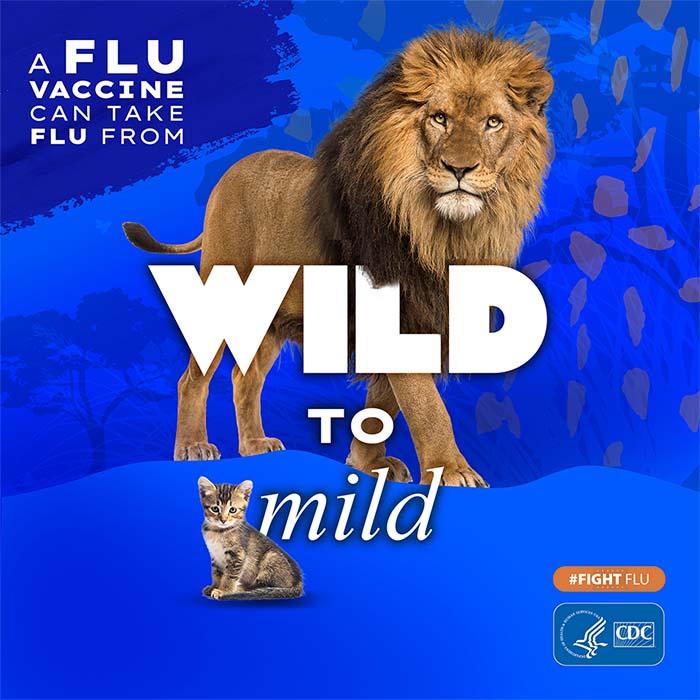Flu Fighter: Lacey Eden
Meet flu fighter Lacey Eden, an assistant teaching professor at Brigham Young University. She is a family nurse practitioner at a pediatric outpatient clinic in Provo, Utah. In her work, she dedicates much of her time to educating her patients, their parents, and her co-workers on the importance of vaccines. She created a mobile application called “Best for Baby” in order to help parents track their child’s upcoming developmental milestones and vaccinations.
Name: Lacey Eden, MS, FNP-C
Title: Assistant teaching professor at Brigham Young University and family nurse practitioner at a pediatric outpatient clinic
Location: Provo, UT
- Share a few highlights of your experience in flu prevention? What is the most rewarding part of your work?
My career started as a registered nurse in the Newborn Intensive Care Unit. I saw the tiniest and most defenseless patients suffer from severe consequences of illnesses, such as flu. I took these experiences with me as I began my career as a Nurse Practitioner vowing to educate my patients and the community about the importance of protecting those most vulnerable among us. The most rewarding part of my work is seeing people’s faces light up when I successfully explain why immunizations affect not only the person being vaccinated, but also the entire community. - In your role, how do you fight flu?
I fight flu by encouraging every employee in the clinic to receive a flu vaccine. We celebrate the vaccines in September, October, and November by having all employees who engage with patients excitedly talk about flu vaccines. I am fortunate to serve as the chair of the Immunization Special Interest Group (SIG) for the National Association of Pediatric Nurse Practitioners. As a SIG, we hold a flu week to share, with nurse practitioners across the country, stories, resources and talking points regarding flu vaccine. - What is the most difficult part of flu prevention?
The most difficult part of flu prevention is helping the community understand the significance of influenza. Almost every day in the clinic, I have patients who are surprised to hear that last year approximately 79,000 people died in the US from influenza related complications. - How do you discuss flu vaccination with your patients?
When I discuss flu vaccine with my patients, I give a firm and confident recommendation, reassuring my patients that flu vaccines are safe. I also tell my patients that I give a flu shot to my own children every year because I know it is the most effective way to protect their health and the health of other children they come in contact with. - What would you say to those who are hesitant about getting a flu vaccine?
Now more than ever, parents have access to a plethora of resources regarding immunizations. Unfortunately some of these resources do not provide accurate information and lead parents to fear vaccines. I begin the conversation by listening to their concerns and understanding what they are most worried about. We discuss together what we each know and I objectively answer questions using resources from CDC. “Seek first to understand” is my motto when discussing vaccines with patients who are hesitant. - What advice would you give to other health care professionals (HCPs) to improve their flu vaccination rates?
I know HCPs are extremely busy trying to provide the best care possible. Sometimes it is difficult to find the time to educate patients who are hesitant about flu vaccine. I recommend designating a flu vaccine “expert” in your clinic. This can be a staff member, medical assistant, or nurse. This designated expert can help ease fears and answer questions thus helping with time management in the clinic.



